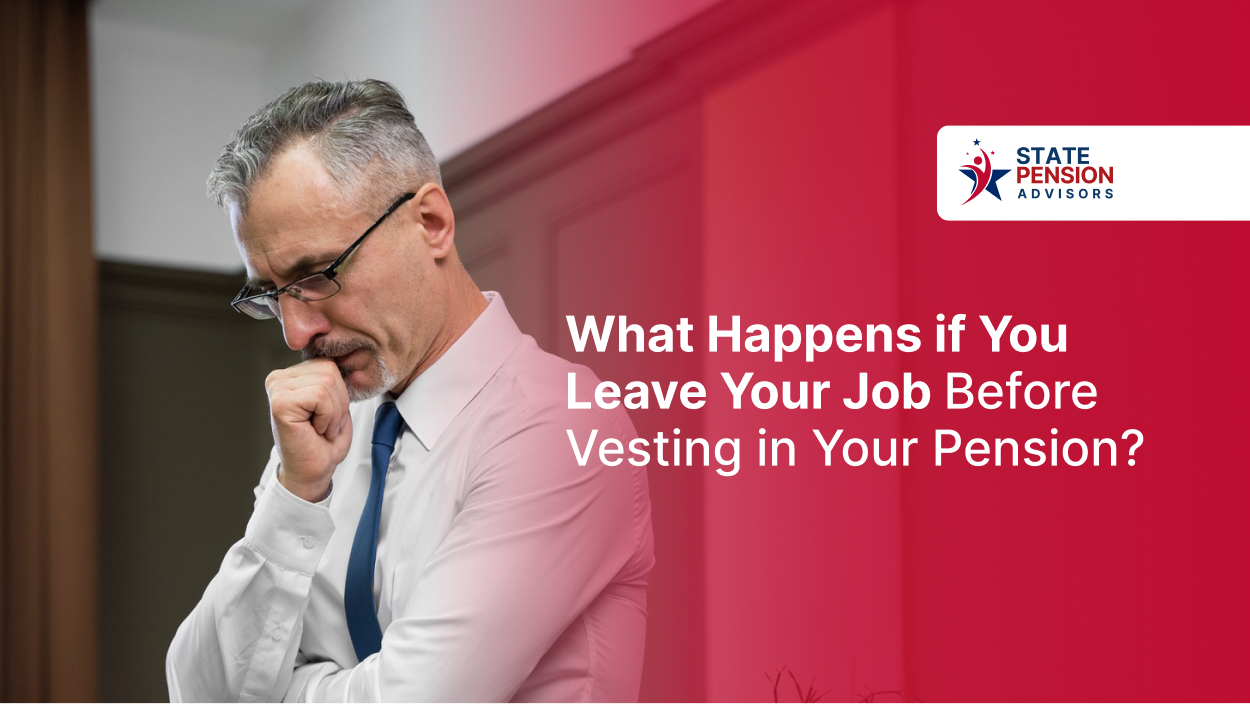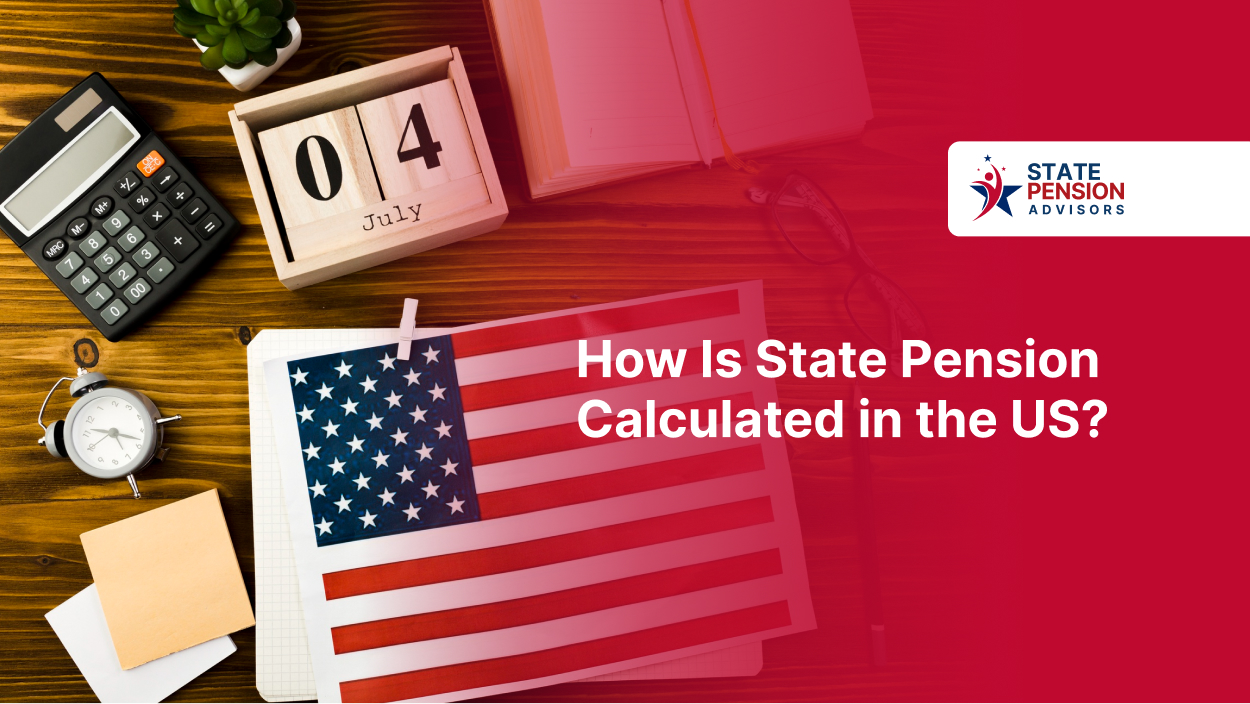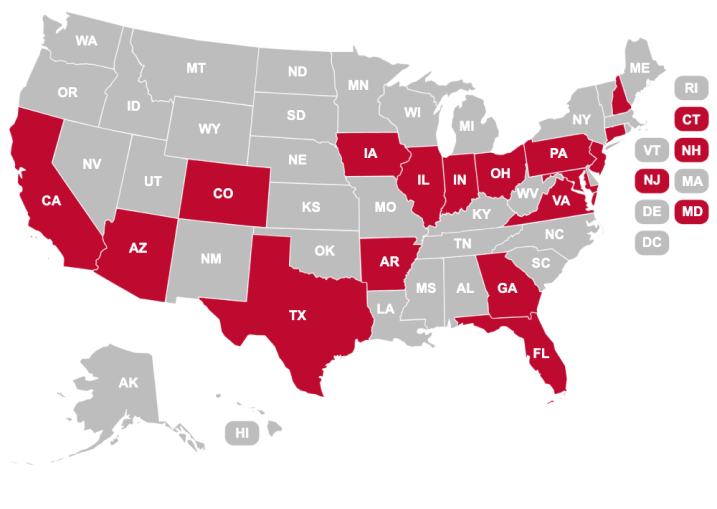Pension vs Retirement: Understanding Your Options
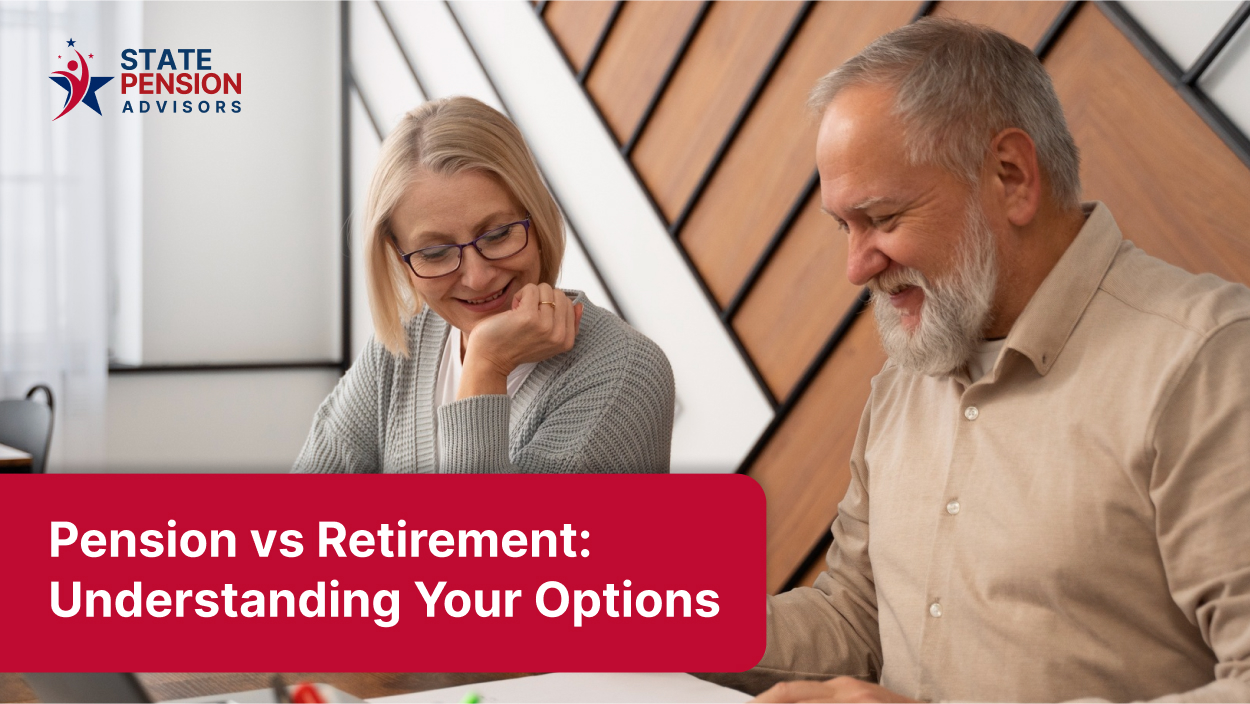
What is a Pension vs a 401(k)?
A pension is a defined benefit plan that guarantees a set monthly payment for life, usually based on your years of service and final salary. Pensions are mostly funded by employers, with some allowing employee contributions.
A 401(k) is a defined contribution retirement plan, meaning it is part of your retirement savings, but it does not guarantee a fixed monthly income. Employees contribute a portion of their paycheck, often matched by their employer, and choose how to invest the funds. The final amount depends on contributions and investment performance.
So, when asked “is a 401k a pension?”, the answer is no. A 401(k) is a retirement savings plan, not a guaranteed income plan like a pension.
Pension vs Retirement Accounts: Key Differences
Who Has a Pension or 401(k)?
Pensions are common for government and public sector employees, while 401(k)s dominate private sector jobs.
- Private sector: 67% have 401(k)s; only 15% have pensions.
- State & local government: 86% have pensions; 39% have 401(k)s.
While rare, some employees may have both, giving them a guaranteed income from a pension plus the flexibility of a 401(k).
How a 401(k) Pension Plan Works
The term 401k pension plan can be confusing. It does not combine the two. Here’s the distinction:
- 401(k): Employee contributes money (up to annual IRS limits) and chooses investments. Employer may provide matching funds. Growth is tax-deferred until withdrawal.
- Pension: Employer-funded and professionally managed, paying a fixed monthly benefit for life.
Together, having a pension and a 401(k) can provide both stability and additional retirement savings flexibility.
Understanding Pension Payouts
Pensions provide a reliable source of income during retirement, usually for life, based on factors like your years of service and final salary. For example, teachers often have pensions that are structured to provide steady monthly income after retirement. You can check out a concise guide on how much a teacher’s pension pays to get a clearer picture of how pension benefits are calculated and how they can support retirement planning.
Who Bears the Risk?
- 401(k): Employee assumes both investment and longevity risk. Poor market performance or outliving your savings is the employee’s responsibility.
- Pension: Employer bears the investment and longevity risk, offering more security in retirement.
Pros and Cons
401(k) Pros
- Tax advantages on contributions (traditional or Roth)
- Employer matching funds
- High annual contribution limits
- Portable across jobs
401(k) Cons
- Investment and longevity risk
- Limited investment options depending on the plan
- Early withdrawal penalties before age 59½
Pension Pros
- Guaranteed income for life
- Employer manages investments
- Easier retirement planning
- Reduced market risk
Pension Cons
- Less control over investments
- Benefits vest over several years
Limited access before retirement
Choosing Between a Pension and a 401(k)
Both pensions and 401(k) plans have their pros and cons, but pensions are generally considered better because they provide a guaranteed income for life.
A 401(k) gives you more control and flexibility. You can manage the investments aggressively, potentially earning more than a typical pension fund but losses are also possible. The money you contribute to a 401(k) is yours immediately, whereas a pension usually requires vesting for five to seven years before you are eligible for full benefits. Many 401(k)s also have vesting schedules for employer contributions.
Portability is another key difference. A 401(k) can move with you if you change jobs you can roll it over into a new employer’s 401(k) or an individual retirement account (IRA). A pension, however, stays with the employer that provides it. If you leave, you’ll need to keep track of it and apply for payments when you retire.
Pension Safety: Can a Pension Plan Go Bankrupt?
Pension plans can fail due to bankruptcy, poor management, or investment losses. Thankfully, most private pensions are insured by the Pension Benefit Guaranty Corporation, offering protection even in the case of financial trouble. Federal law also requires pension funds to be kept separate from company assets, so the company’s performance after you retire generally does not affect your benefits.
Accessing Your Pension: Can I Take It Early?
Typically, pensions cannot be accessed before the retirement age set in the plan. Some companies may offer early retirement options, but beware of schemes like pension advances, which often involve high fees and interest rates. Military pensions are strictly protected and such advances are illegal.
Early Withdrawals From a 401(k): What You Need to Know
Withdrawals from a 401(k) before age 59½ usually incur a 10% penalty and are subject to income taxes. Exceptions exist for hardship withdrawals, and some employers allow you to take a loan against your 401(k) balance to be repaid over time.
Which Is Better: Pension or 401(k)?
A pension is ideal for those who want a stable, guaranteed income throughout retirement with minimal risk. A 401(k) may appeal to those who prefer more control over investments and want the potential for higher growth. For most workers, however, a pension is often the preferred choice.
Combining a Pension and 401(k): Can You Have Both?
Yes, it’s possible to have both. Many employees have a pension from a previous employer and a 401(k) at their current job. This combination is advantageous: your pension provides a guaranteed income stream, while your 401(k) allows you to continue saving and investing for additional retirement security.
Plan Smarter With Reliable Resources
Understanding your retirement options is just the first step. State Pension Advisors can help guide you through complex retirement planning and pension decisions, making it easier to secure your financial future. Learn more about how they assist with retirement planning or explore their pension plan consulting services to see how expert guidance can help you make smarter decisions.
By leveraging these resources, you can compare your options, understand your potential income streams, and plan for a stable and secure retirement.
The Bottom Line
A 401(k) is part of your retirement plan, but it is not a pension. When comparing pension vs retirement accounts, pensions provide stability and guaranteed income, while 401(k)s provide flexibility and growth potential. Knowing the differences and planning carefully is key to a secure retirement.
FAQs About Pension and Retirement
1. Which is better, pension or retirement?
It depends on your priorities. A pension provides guaranteed monthly income for life, while a 401(k) offers more control and growth potential. Ideally, having both creates a stable income base plus additional savings flexibility.
2. Is retired the same as a pensioner?
Not exactly. A retired person is anyone who has stopped working. A pensioner specifically receives a pension, which is a guaranteed income from an employer or government plan.
3. How long do pensions pay out?
Pensions usually pay out for life, starting from your retirement age. Some plans also offer survivor benefits for spouses or dependents, ensuring ongoing financial support for your family after retirement.
4. Is pension another word for retirement?
No. Pension refers to a specific type of retirement income, whereas retirement is the state of no longer working. You can retire without a pension if your savings come from a 401(k), IRA, or personal investments.
Content Reference taken from - Investopedia










.png)
.png)
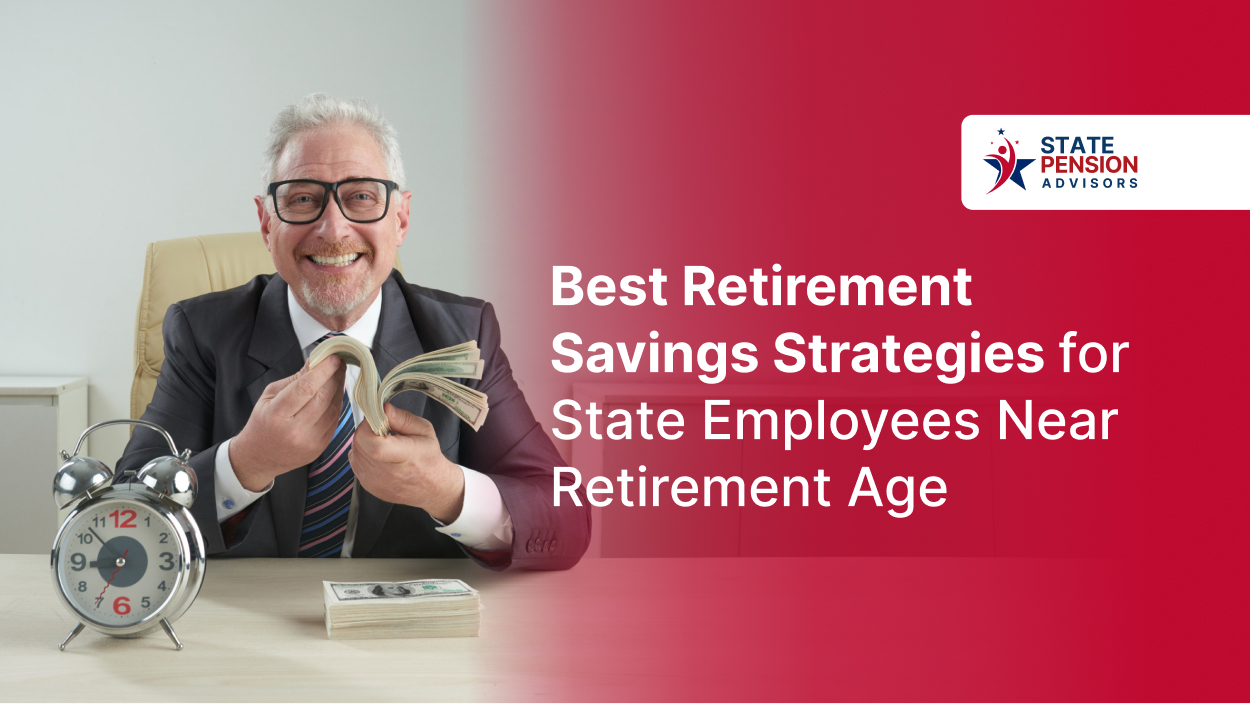
.jpg)
